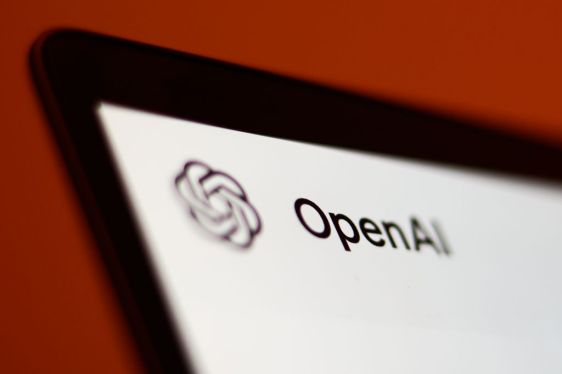Unveiling AI’s Future: OpenAI’s Ambitious Move to Simplify Third-Party Logins

OpenAI is setting the stage for a revolution in user convenience by exploring the option for individuals to access various third-party applications using their ChatGPT accounts. The tech giant recently expressed its intentions on a publicly available webpage, inviting developers to share their interest in integrating this potentially game-changing capability.
As one of the fastest-growing consumer applications with approximately 600 million monthly users, ChatGPT’s meteoric rise has opened the floodgates to innovative expansions. With this new sign-in feature, OpenAI aims to establish its foothold in diverse consumer areas, from online shopping and social media to smart personal devices.
The proposed ‘Sign in with ChatGPT’ feature represents a strategic move to enhance competition against tech giants like Apple, Google, and Microsoft, who already offer users seamless sign-in options across a myriad of online services. Earlier this month, OpenAI rolled out a pilot version of this sign-in experience for developers within the Codex CLI framework—a tool specifically designed for AI coding in terminal environments. This initial rollout enabled developers to link their ChatGPT accounts with their API services, showcasing the integration’s practicality.
Furthermore, to incentivize participation, OpenAI offered API credits to users who opted for the new sign-in feature—a mere $5 for Plus subscribers and a generous $50 for Pro users—demonstrating the company’s commitment to swift adoption among developers.
The sign-in initiative opens up a wealth of opportunities for collaboration, as the interest form requires app developers to outline their weekly user bases and their current pricing strategies for AI services. This inclusivity suggests OpenAI’s intent to accommodate a broad spectrum of companies, from small startups to massive applications boasting over 100 million users.
Although OpenAI’s CEO Sam Altman hinted at plans for a broader authentication system back in 2023, the company appears to be taking significant strides towards actual implementation in 2025. However, the timeline for public availability and the number of companies onboard the project remain uncertain, leaving many in anticipation of this significant development in AI-driven online interactions.
As the landscape of consumer technology evolves, it will be intriguing to see how OpenAI’s ambitious project unfolds, potentially shaping the future of user engagement across digital platforms.
